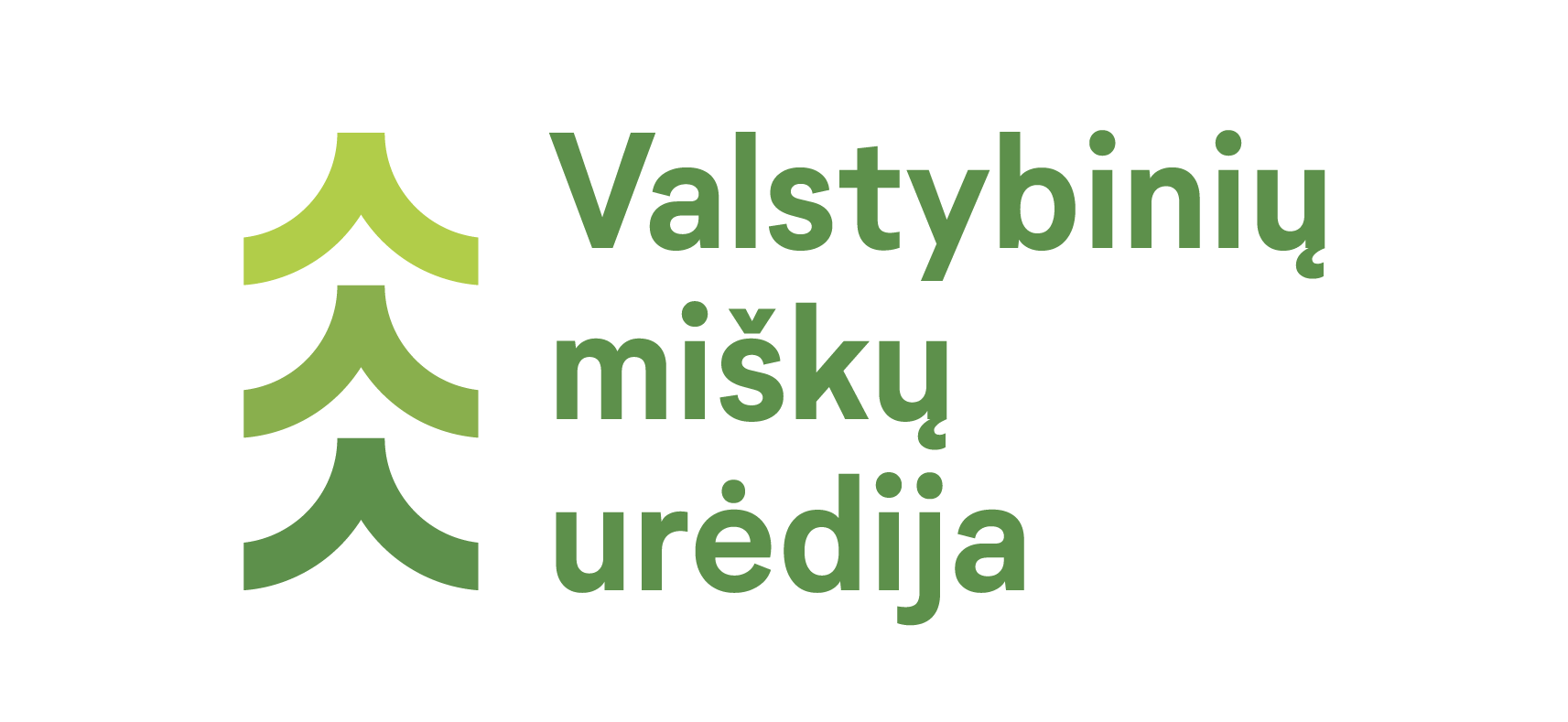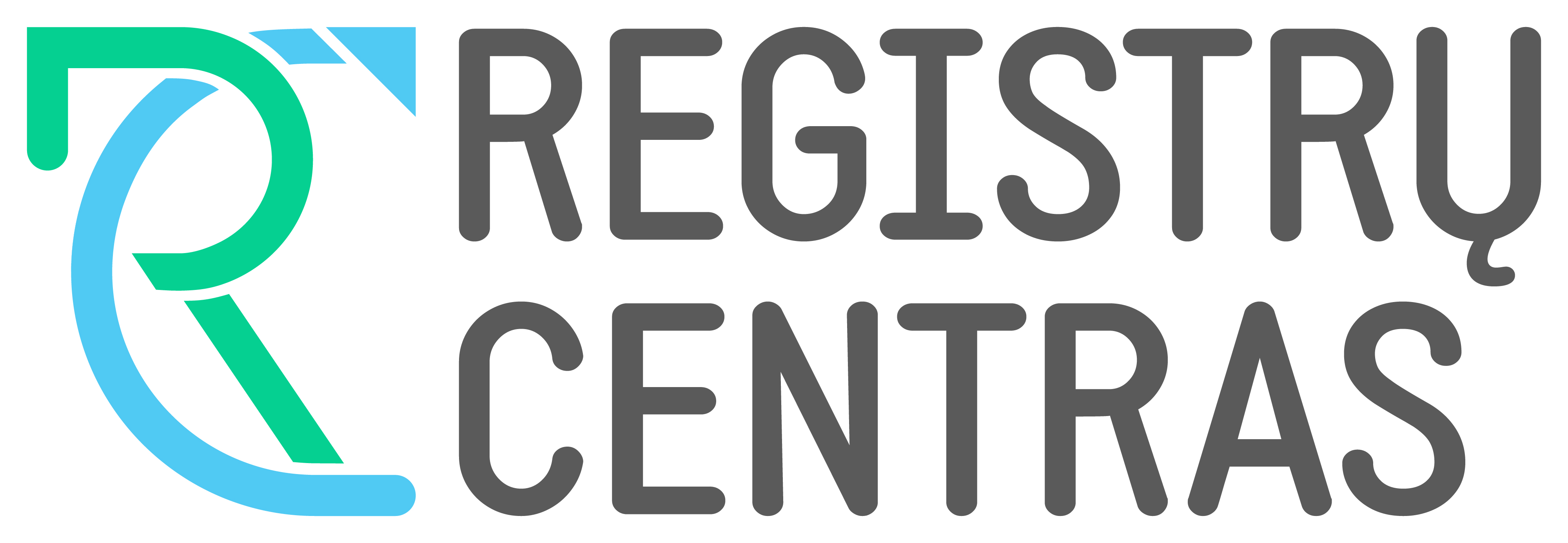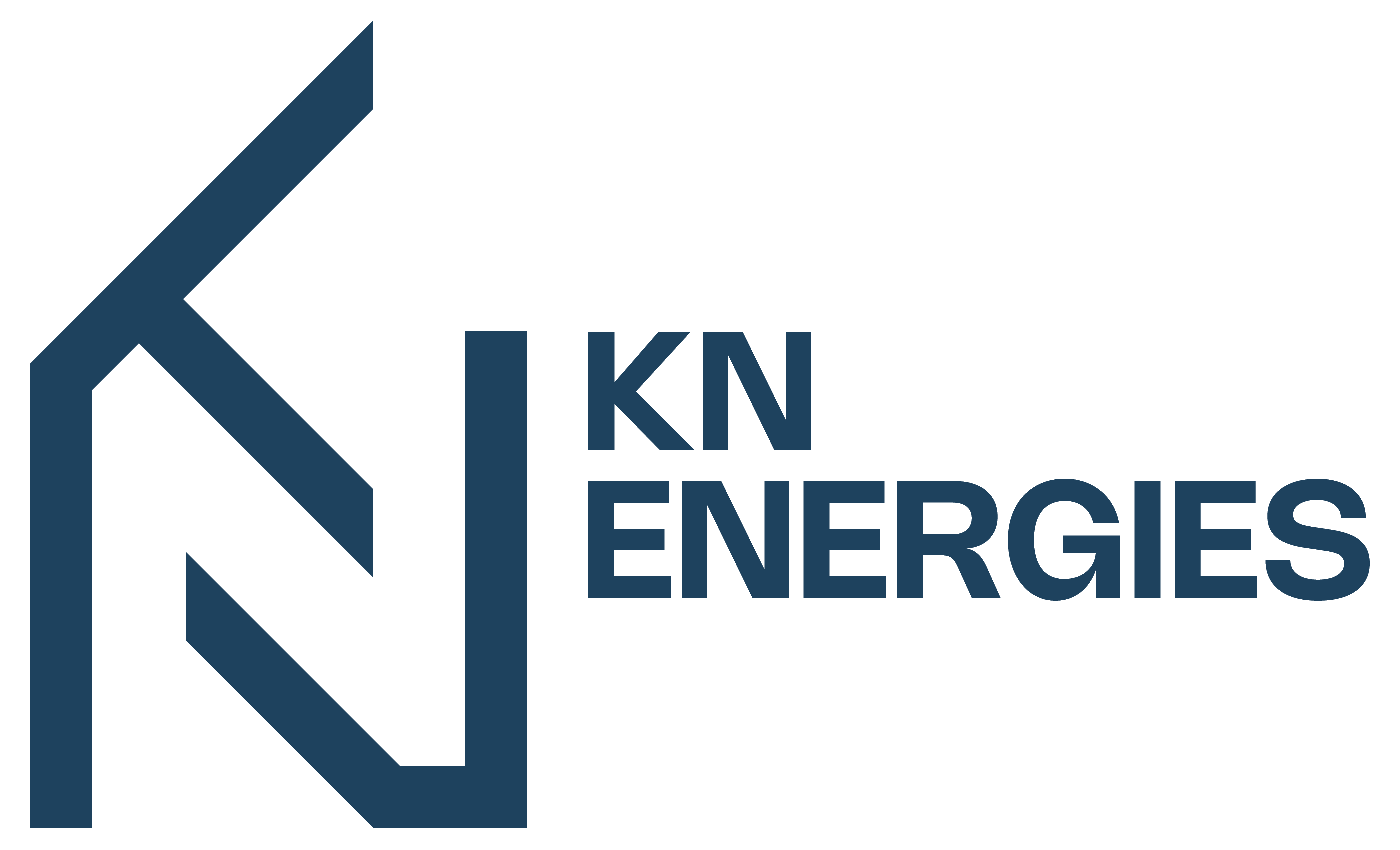Financial return to the state from municipally owned enterprises is the highest in the past seven years
Dividends and profit contributions from municipally owned enterprises (MOEs) for 2024 amounted to €18.4 million – a full €8.4 million more than in 2023. This represents the highest financial return to the state in the past seven years. For the third consecutive year, MOEs also recorded a positive net profit. Meanwhile, the overall growth in sales revenue among MOEs slightly outpaced the increase in total expenses, allowing the entire sector to generate an operating profit of €62 million in 2024 – 10% higher than in 2023.
A total of 35 MOEs paid dividends and profit contributions for 2024. Notably, 60% of the total financial return to the state came from the dividends and profit contributions of Vilniaus Šilumos Tinklai (Vilnius Heating Network), amounting to €11 million.
As noted by Jurgita Bagdonienė, acting head of the Governance Coordination Centre (VKC), MOEs in recent years have demonstrated great flexibility and the ability to make professional decisions even amidst geopolitical and economic challenges.
“Attention should be paid not only to the increased financial return to the state or the fact that net profit has remained positive for the third year in a row, but also to the growing value of managed assets: in the reporting year, €300 million in investments in water management and heating sector infrastructure boosted asset value to €3.6 billion. The profitability of MOEs also contributed to steady growth in equity – in the reporting year alone, owners’ equity increased by 7.4%. It’s also worth noting that MOEs tend to choose conservative financing sources – companies prefer using their own funds: for instance, about 60% of investments in 2024 were financed from internal resources, without resorting to borrowing,” says Bagdonienė.
She also adds that strategic indicators show municipalities are decisively moving along the path of good governance – responsibly implementing advanced practices, operating sustainably, and investing in the future. All of this creates value not only for the companies themselves but also contributes to public well-being and strengthens trust in the public sector.
The overall net profit of MOEs decreased by 38% in 2024, which, according to Bagdonienė, is mainly due to declining profits in the heating, water management, and public transport sectors.
The heating sector’s net profit fell due to lower heating prices; the water management sector’s decline was driven by increased labor, depreciation, and amortization costs; while the public transport sector also saw reduced net profit due to a growing wage bill.
As of the end of 2024, a total of 220 MOEs were operating across 59 municipalities in the country, employing just over 21,000 people.
The highest number of MOEs – 12 – operated in Kaunas City Municipality, and 11 in Vilnius City Municipality. The main sectors were: water management (22% of all MOEs), heating networks (19%), and public transport (17%).
46 MOEs have functioning collegial governance bodies, with 60% of their members being independent.









